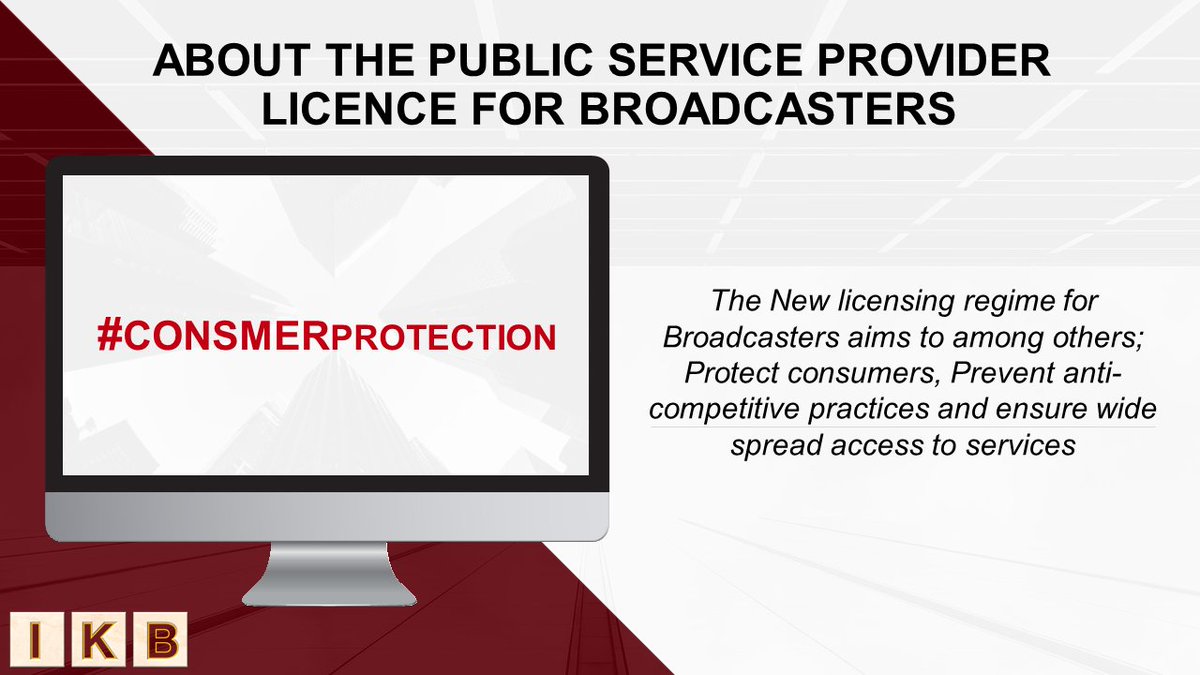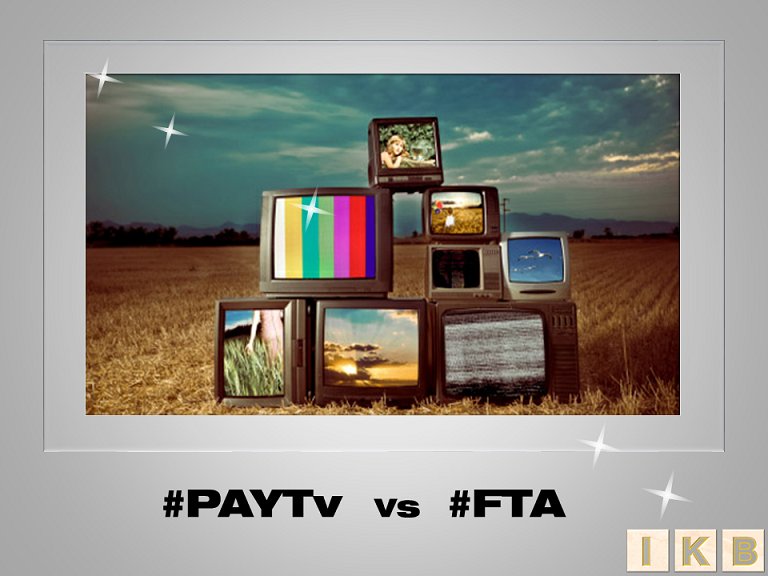My submission to the CBN,
re: the recently published "Circular on the Exposure Draft of New CBN Licensing Regime (License Tiering) for Payment System Providers"
@asemota @EmekaOkoye @ProfOsinbajo @toluogunlesi @cenbank @iaboyeji
Thread
"..will properly position the Bank to adequately address the emerging issues of FinTech with respect to cyber risks, risk management framework, capital adequacy, better focused regulation and oversight operations..."
Can you imagine PayPal without a Wallet!
It's quite simple: Let the CBN require FinTech companies to bond themselves out.
That fresh graduate of Covenant University who happens to invent a new tokenization protocol to change retail payments as we know it?
What should we tell him? Go away? Yet, start-ups have been the engine room of all Tech innovations in the last 25-years!
-Kenya Safaricom Q1 2018 Vol of MM $48B
-Ghana Vol of MM transactions $33B PA
-US recently opened core banking functions: receiving deposits/paying checks/lending money to Fintech
-China: WechatPay and AliPay now dominant payment modes
Using Malta as an example, minimum capital requirement is €20,000, €50,000 and, €125,000 depending on the category of Fintech license.
This is an EU license because once licensed, you can passport to the EU






